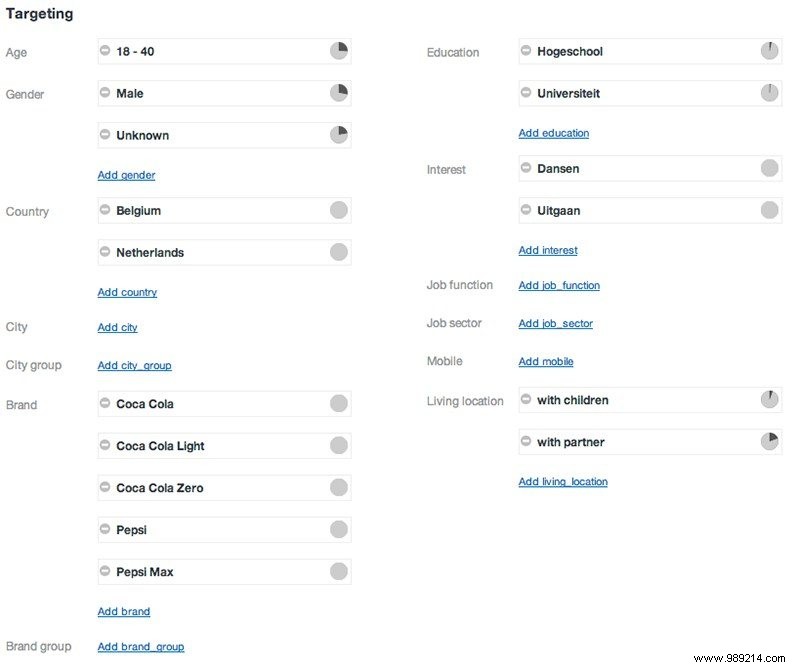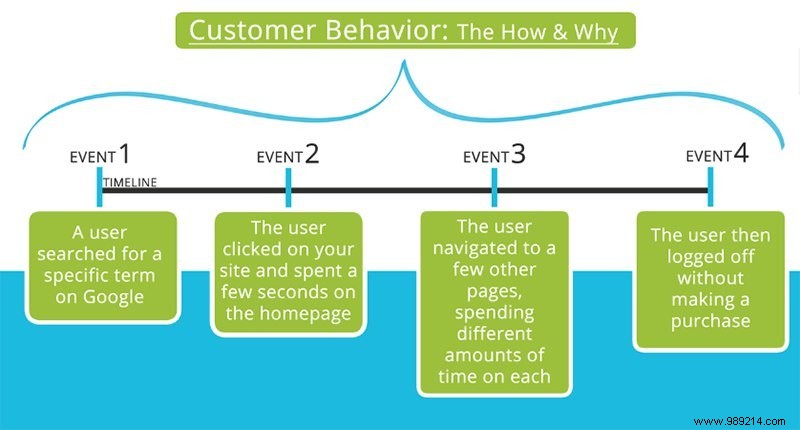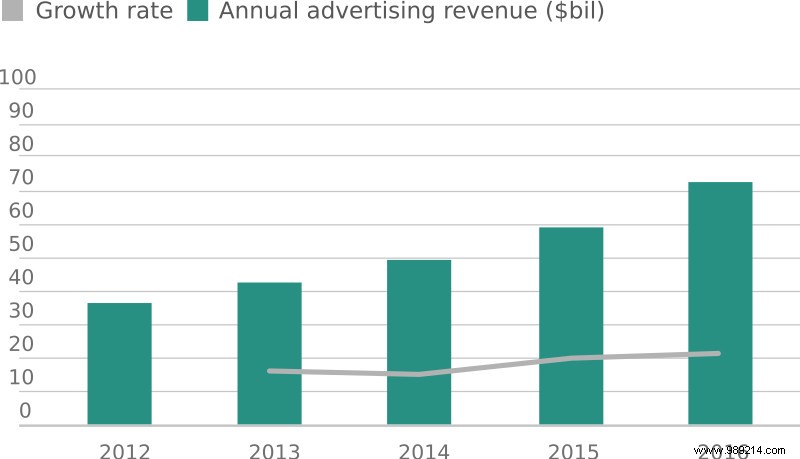Data:Businesses want it, users have it, and it's valuable because it can be used to sell things to people. Beyond that, it's often unclear exactly what user data is, where it goes, and how profitable it is. Why does this multi-billion dollar industry full of data brokers, advertisers and technology companies exist?
SummaryWhat's in data?How is it used?What's it worth?Data is forever

Collecting user data may have gotten a bad rap, but modern businesses really wouldn't survive without it. At a minimum, they should analyze user behavior to track market trends and determine consumer preferences. If they can also guarantee advertisers an audience that will click on their ads, then they can make money, allowing them to stay in business without charging for their services.
The advertising model that essentially drives the modern internet is probably the primary driver of the user data market. Finding ways to identify who is on your site, research their ad profile, and serve them relevant ads is far better than just randomly tossing content-based banners to anyone browsing. Well-targeted ads (but not too targeted, or users find them scary) make real money, and they are worth all the hassle of getting user data. Unsurprisingly, it takes a lot of money to get the right ads to the right people, which means there's no shortage of data breaches and privacy issues in the industry either.

But data isn't just about invading people's privacy to get them to buy new smartphones — it's also hugely useful for companies doing market research, trying to comply with regulations, or working to improve their products. . Many of them keep user information confidential and take appropriate precautions to ensure that they protect user privacy, and even in advertising, the information that circulates is often not personally identifiable.

There wouldn't be so much fuss about user data if it wasn't worth something. Ultimately, a big part of the internet is about getting users to donate their money to companies. As long as they continue to do so, advertisers will pay websites for their ad space, and if they do more, advertisers will pay more.
This means that different users have different values. A high-income frequent flyer from the United States is a much juicier target than a Canadian university student, simply because selling a Rolex is better than selling ramen.
How much is your data worth then? This turns out to be a very subjective calculation, and it becomes even more difficult when you take black market/under the table data transactions into consideration. Depending on your demographics and how much data a source has about you, your data could be bought and sold for anywhere from pennies to hundreds of dollars every year. This calculator from the Financial Times gives you a pretty good idea of what affects the value of your data.
Data is the new oil in more ways than one:it powers the engines of modern e-commerce, contributes to the development of new products and technologies, is controlled by a vast network of potentially unreliable companies, and frequently spills across the nature. Overall, it has probably been a net positive for human progress, as it provides a lot of useful human information and allows a wide range of technologies to be distributed for free.
Nevertheless, there are a myriad of issues surrounding the vast trove of user data that exists. As a more serious dialogue develops, users may eventually be granted more transparency and control. As long as it remains valuable, it will be reliably misused.
Image credit:Photo.iep